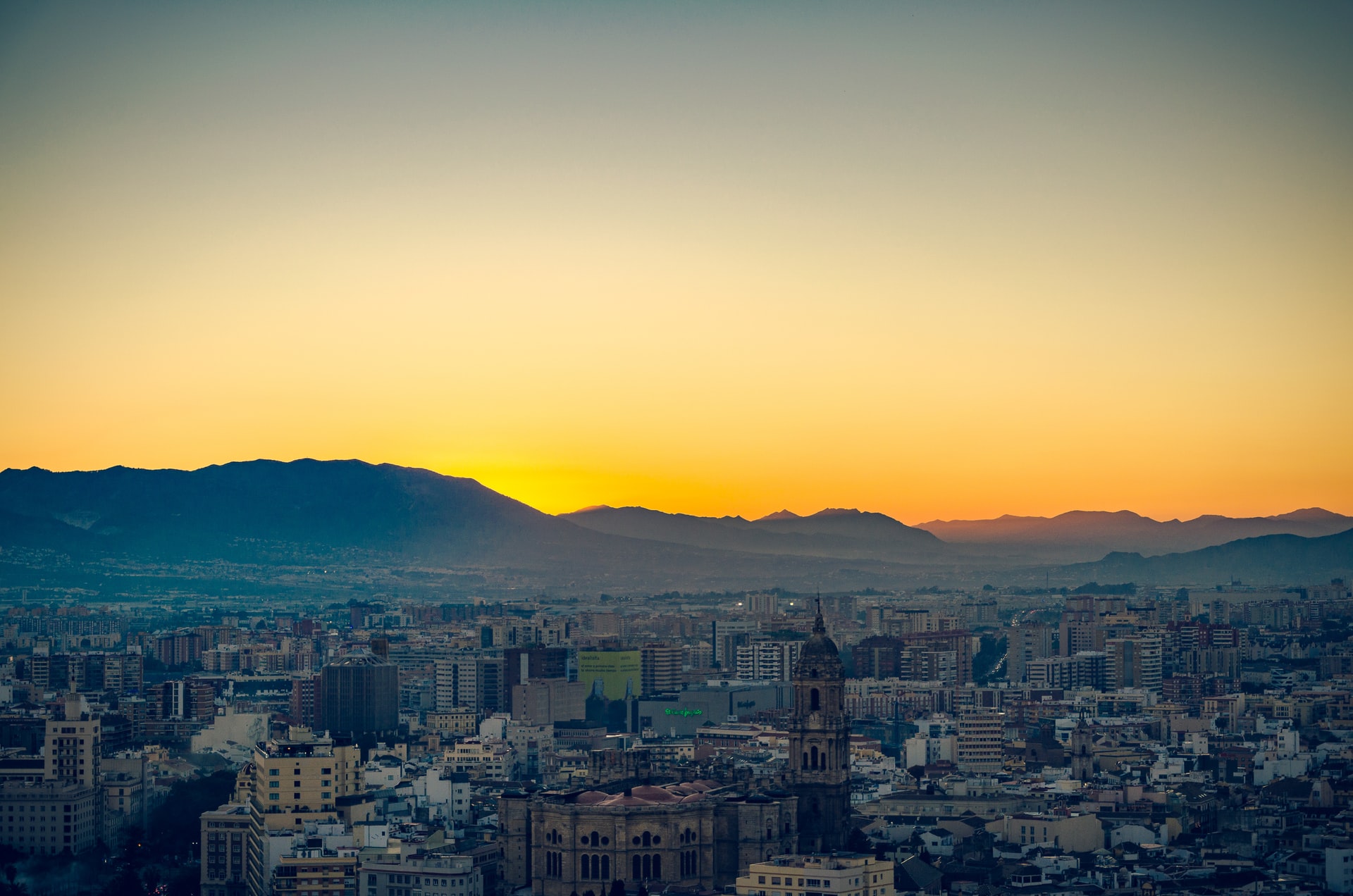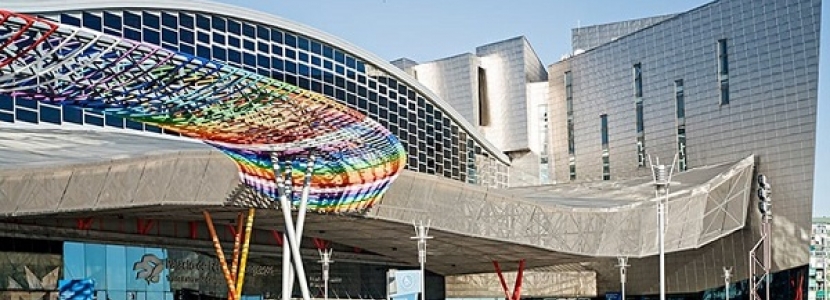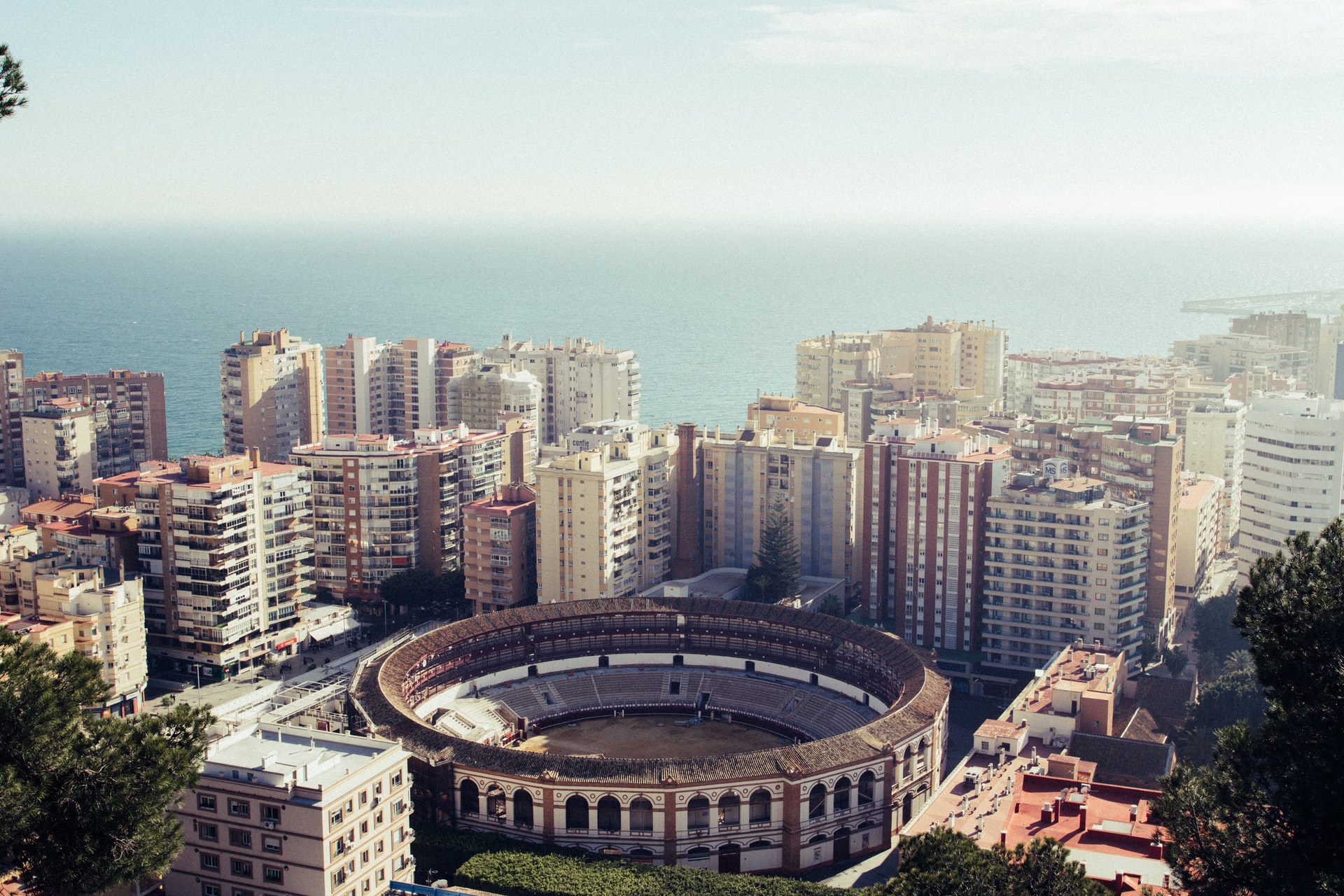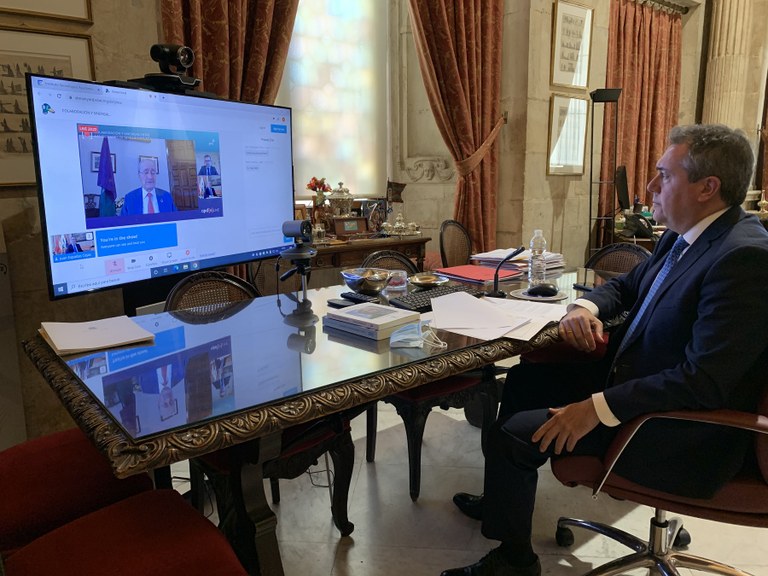- en
Malaga’s post Covid transition
Since the COVID-19 was declared a global pandemic by the World Health Organization on March 12, 2020, cities around the world had been put in a unique and new situation that has changed many things in the way cities function.
Large cities around the world, with higher population densities, have frequently been COVID-19 hotspots because cities are hubs for transnational commerce and mobility. The densely populated and hyper-connected cities amplified the risk of a pandemic.
The impact of the pandemic on cities and their citizens has been devastating. To avoid future devastation, cities are acting fast to implement new strategies to make them stronger and better but also capable to avoid future threats.
Many cities around the world are coming up with different strategies which are effective and efficient which means that cities are addressing the risks with the greatest potential impact.
The city of Malaga is a Spanish city which has started its journey towards strengthening its cultural elements. The city focuses on innovation-driven projects which are the driving forces for the city’s future after the pandemic.
Mayor of Malaga Francisco de la Torre told in an EFE interview that he sees the Malaga future as “very bright” and “very powerful culturally and technologically”. In this interview, he also assured that he will help shape the city in the medium and long term: “It will be a Malaga strong in culture as well as a technologically advanced city that sees clearly that innovation is one of the keys to progress”.
Mayor of Malaga also noted that in the coming years, the city is going to take very important steps in sustainability. Malaga is starting many new projects that could make it the “city of five minutes”. This is the model that Malaga is trying to promote and implement and it means that the time spent between the place of work, residence, shopping, and study would be much shorter.
Among the projects planned for the city is opening Malaga to the metropolitan area, facilitating public transport with a BUS-HOV lane and with modal interchanges, where citizens can arrive without using their private car, collaborating in the control of CO2. This project would make the city of Malaga less crowded, less polluted but also much greener than it is now.
The mayor also spoke about the city’s progress towards digitalization where he alluded to the importance of “a higher educational level because then, the projects will have more quality, more strength, more ambition, more international vision and more capacity for digital transformation.”
All of these elements will provide good service to Malaga’s citizens in terms of transport, green areas, culture and technology. These projects would also make the city more attractive for many businesses and visitors. (photo credit: David Becker/Unsplash)












